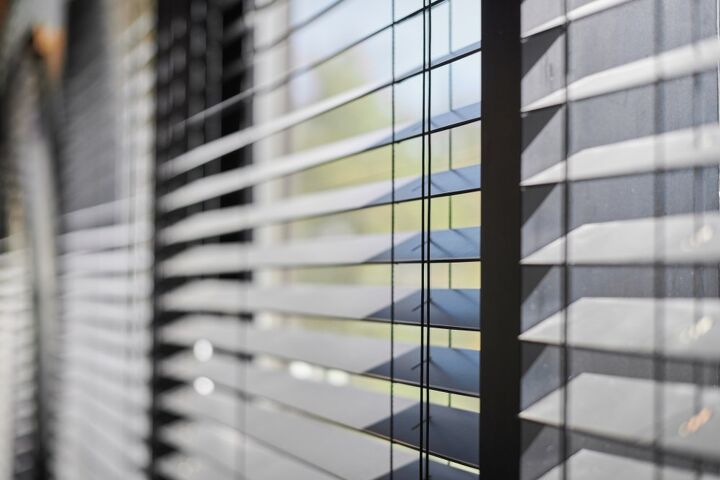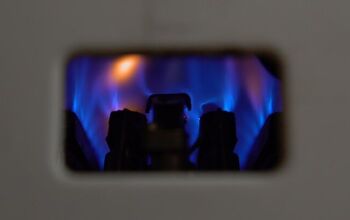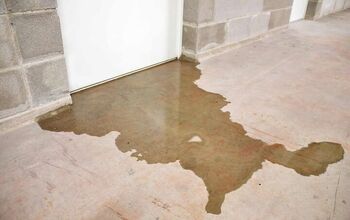Does A Landlord Have To Provide Blinds?

In the tenant-landlord relationship, each party has certain obligations. Aside from the obvious expectations, many other questions may arise. These questions can concern everything from who is responsible for what repairs to what fixtures and items tenants should expect landlords to provide. Is the landlord required to provide blinds is a common inquiry from many tenants and first-time renters.
Landlords are not required to provide blinds or any window coverings. In many cases, they may provide blinds, but there is no mandate for such provisions in tenant-landlord law. Regarding windows, all landlords must provide windows in good condition and in a good state of repair. Additionally, landlords must afford tenants with windows that offer adequate protection.
There are many aspects to property rentals that landlords must attend to, care for, and maintain. Windows are one of those areas of concern. Although landlords don’t need to provide window coverings or blinds, there are other obligations regarding windows they must meet.
Do You Need Window Blind and Shade Installers?
Get free, zero-commitment quotes from pro contractors near you.

What are the Landlord Obligations Regarding Windows?
Landlords are held to fairly high standards when it comes to providing rental properties for tenants. Primarily, landlords need to follow any housing, safety, and health codes pertaining to the health and safety of tenants and their guests.
The standard rule of the tenant-landlord laws states that landlords must maintain and keep rentals in an inhabitable condition. That obligation is accomplished via repairs, upkeep, and maintenance. Those mandates also apply to windows and cover many areas concerning windows. Here are a few of the more common questions regarding the landlord’s obligations when dealing with windows.
Is the Landlord Required to Replace Windows?
Under the guidelines and legal obligations that dictate that landlords provide safe and livable conditions, the landlord is typically responsible for replacing windows. These circumstances can involve several scenarios.
Cracked or Broken Glass
The obvious dangers of broken glass make it the landlord’s responsibility to replace the window. A cracked or broken window presents an environment that falls under the obligation of the landlord to provide safe and livable conditions. Broken windows also create an unsecured home. That also presents another threat to the safety and well-being of the tenant(s).
Old or Rotting Window Frames
Aging window frames or window frames subjected to harsh climates can often develop problems like rotting. This condition can cause windows to seal improperly or provide less stability for windows. These types of scenarios can also be subject to water damage, leaking, drafts, and other issues. In cases like these, the landlord must replace windows to maintain a rental property that qualifies as being in a good state of repair.
Mold
One of the most common problems facing any home is that of mold. Windows are also a prime area and culprit for creating conditions for mold to grow. When mold is present around windows, it also poses a health and safety concern for tenants. That is yet another circumstance where the landlord will need to replace the windows.
Is the Landlord Required to Pay for Damaged Windows?
When the damage to a window is no fault of the tenant, the landlord will generally be required to pay for and replace the damaged or broken windows. In the event the damages to the window were caused by tenant negligence, the responsibility to fix and pay for the window will typically belong to the tenant.
Does the Landlord have to Fix Drafty Windows?
There are several reasons a window can be drafty and allow air in. In some cases, this can result from installation issues. Drafts are also possible as a result of the aforementioned issue of aging windows. These problems can be the culprit for unusually high heating and cooling bills, or even for pest invasions. In these situations, when the tenant can show reasonable concern, it will usually require the landlord to fix the problem.
How are Window Replacement and Repairs Handled?
When the obligation falls on the tenant to fix or replace a window, the responsibility of repairing and paying for those costs is also the tenant’s. In some cases, the landlord will handle the purchase and repairs, then issue the tenant a bill for the expenses.
In situations where the obligation to fix or replace a window belongs to the landlord, those repairs can be dealt with in a few different ways. One option is that the landlord can choose to handle the repairs, including the cost of hiring a window service and scheduling repairs.
Another option is to allow the tenant to handle the repairs and bill the landlord for the expenses,(in these situations, it is imperative for the tenant to keep and copy every receipt). In other cases, it can often be a joint venture, where the tenant and landlord work together to find and schedule repairs.
How Long do Windows Last?
The general life expectancy of most windows is around 25 years. While many variables and factors can influence these numbers, it is good information for tenants to know. If a rental property is under consideration, it is well within reason for the potential tenant to ask questions. That includes questions like the age of the home and the windows.
If a tenant is renting an older home and learns the windows have never been replaced, it could be a cause for concern and worth noting. Window replacements aren’t cheap and can cost thousands of dollars. It is also worth discussing how potential concerns like window damages and replacement are handled before signing the contract.
Do You Need Window Blind and Shade Installers?
Get free, zero-commitment quotes from pro contractors near you.

The Devil is in the Details
Like most tenant-landlord contracts, many potential issues and concerns regarding repairs and responsibility are outlined in the contract. That is also why it is so important that tenants be familiar with and thoroughly read through these documents before signing. More often than not, spending a little time before signing a rental agreement can save considerable confusion, time, and money later on.
Related Guides

We are a team of passionate homeowners, home improvement pros, and DIY enthusiasts who enjoy sharing home improvement, housekeeping, decorating, and more with other homeowners! Whether you're looking for a step-by-step guide on fixing an appliance or the cost of installing a fence, we've here to help.
More by Upgraded Home Team























![Standard Dining Room Table Dimensions [for 4, 6, 8, 10 and 12 People]](https://cdn-fastly.upgradedhome.com/media/2023/07/31/9074335/standard-dining-room-table-dimensions-for-4-6-8-10-and-12-people.jpg?size=350x220)



